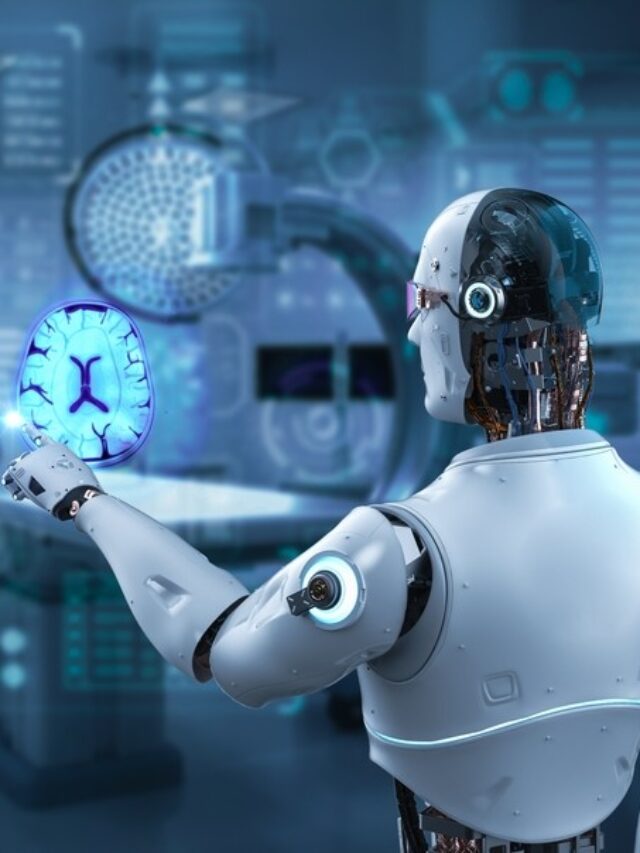AI and the Future of Work: What to Expect
AI and the Future of Work
AI and the Future of Work. Artificial intelligence (AI) is rapidly changing the way we work. From automating repetitive tasks to providing insights and recommendations, AI is transforming the workplace in ways that were once thought impossible. As the technology continues to evolve, it’s important to consider what the future of work might look like with AI in the mix.
One of the most significant changes that AI is bringing to the workplace is the increased automation of tasks. As AI becomes more advanced, it can take on more complex tasks that were once the sole domain of human workers. For example, AI-powered systems can perform data entry, analyze data, and even conduct customer service interactions. This can free up human workers to focus on more strategic, creative, and interpersonal aspects of their jobs.
Rise of the Gig Economy
The gig economy, where individuals work as independent contractors rather than full-time employees, is also likely to be impacted by AI. As more tasks become automated, there may be fewer opportunities for traditional employment, leading to a greater reliance on short-term, project-based work. This could mean that workers will need to be more flexible and adaptable, as they move from project to project and job to job.
Greater Demand for Technical Skills
With the increasing use of AI in the workplace, there will be a greater demand for workers with technical skills, such as data analysis, programming, and machine learning. Workers who can understand and work with AI technology will be in high demand, as companies look to integrate AI into their operations and gain a competitive advantage.
New Opportunities for Collaboration
AI can also create new opportunities for collaboration between humans and machines. For example, AI-powered chatbots can provide customer service support while also collecting valuable data that can be used to improve the customer experience. Additionally, AI can help facilitate communication between workers in different locations, enabling teams to work together more effectively and efficiently.
Ethical Considerations
As AI becomes more pervasive in the workplace, there are also ethical considerations to take into account. For example, there is a risk that AI could perpetuate existing biases and discrimination if not developed and implemented with care. Additionally, there is a need to consider the impact that increased automation may have on workers, particularly those in low-skilled or low-wage jobs.
AI is set to have a significant impact on the future of work, bringing both opportunities and challenges. As AI technology continues to evolve, it’s important for businesses and individuals to stay informed about the latest developments and to adapt to the changing landscape. By doing so, we can ensure that AI is used in a responsible and ethical manner, and that it enhances, rather than detracts from, the quality of work and life.




